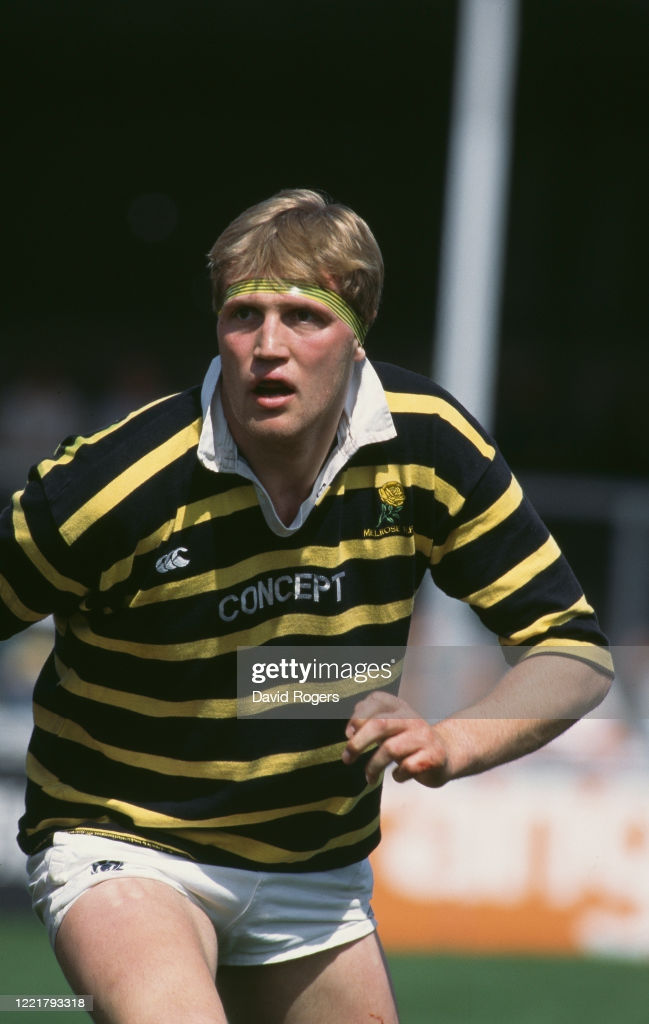Lions Legend
- May 3, 2021
- 4 min read
Updated: May 22, 2021
The time draws nigh. There is anticipation, conjecture, and debate. Just two days remain until the official announcement of the 37 players chosen to represent the British Lions this summer.

Indeed, every Tom, Dick and Harry has an opinion as to who should be selected. Still, questions abound. Who will be captain? Who will play scrum half? Who will cruelly miss out? Will there be a bolter? Can the team mesh together, can a collection of disparate parts, fresh from battling each other for club and country, find the necessary cohesion? How will the global pandemic, with all its restrictions, impact player isolation, boredom, and anxiety?
The Lions, a rugby union all-star squad selected from players eligible for England, Scotland, Wales, and Ireland, first started touring in the late 19th century. Over time, even allowing for a few forays to Argentina and occasional stopovers in far flung places such as Fiji, Canada, and Ceylon, the trips now involve competing in New Zealand, Australia, or South Africa.
The tours, at least since 1989, embark every four years, on a set rotation vs the three Southern Hemisphere powerhouses. As a general rule, they follow a similar pattern, with the visiting Lions defeating virtually all the provincial, state, club or combined representative sides. Yet, the team’s real success is judged solely on its performances and results in the full internationals.

Traditionally, Lions’ tours to South Africa are both closely contested and positively brutal in their intensity. 2021 will definitely provide considerable intrigue, as the Springboks once again host as defending Rugby World Cup champions. And, Covid notwithstanding, as has been and is the case every four years, the Lions series will undoubtedly produce thrills, spills, and excitement aplenty. Will produce heroes whose impact remains etched in stone forever.
As an example, take Jim Telfer.

Telfer, a craggy Scot, represents his country on 21 occasions from 1964-1970. A fearless, tough, and rugged back row forward, during these six seasons he also tours twice with the Lions, first in 1966 to New Zealand and two years later to South Africa. Though a schoolteacher by trade, he then eventually transitions to coaching. Heavily influenced by experiences gained and lessons learned vs the All Blacks, he becomes a towering presence in the game, famous worldwide for his punishing training sessions and as a disciple of ferocious rucking.
Scotland is the first to benefit. For almost twenty years, starting in 1981, Telfer is either at the helm or lurking in the background as an advisor to the senior team. The national XV captures two highly coveted Grand Slams, defeating each of England, Wales, Ireland, and France, first in 1984, again in 1990. With a scintillating 36-22 victory over France to follow, in Paris no less, en route to securing the 1999 Five Nations championship.
The Lions are next. Though Telfer and his squad struggle through a long and arduous 1983 visit to New Zealand, he is again involved fourteen years later, this time as the forwards coach in South Africa.
This much-anticipated tour is the Lions’ first since the sport turns fully professional and the first since the end of apartheid. The team, despite Telfer’s exhortations, takes time to generate momentum. While South Africa basks in the glory of its 1995 World Cup triumph, the visitors are written off by the media as nothing more than rank underdogs, a nice bunch of blokes winning friends rather than matches.

Slowly however, Telfer’s words, quite literally, start to pack a punch. Two of his orations in particular, available on You Tube and in a Living with Lions documentary, pass into folklore. Both are delivered in the build up to the first test. One is “Everest”, the other “The Honest Player.”
The latter I play and replay hundreds of times, as well as send it to countless friends and coaching colleagues. It might be the greatest sports speech of all time. Telfer insists on committing to improvement, decries complaining or making excuses, demands the hard graft. States bluntly that his players must “take off the kid gloves…it is now bare-knuckle stuff.”

The words obviously strike a chord. The team, given little chance to win, produces a stirring performance, dumping the Boks 25-16. Then, confounding the oddsmakers, the Lions triumph again one week later to clinch the best of three series.
Far, far away from the rarefied air of a Lions test match, Telfer and I do cross paths personally on one occasion. I visit Scotland, an inexperienced referee from the west coast of Canada keen to ply his trade. I learn that I am to officiate his club, Melrose RFC, playing away to unfancied Kilmarnock.
On arrival at the ground, I work up the courage to introduce myself. He comes across as gruff and intimidating, a powerful aura emanating from him. The upcoming game may be little more than an end of season friendly, but his attendance makes it feel like a grand final. I know I will need to be sharp and alert.

The game begins. The opening twenty minutes pass without incident. Then, close to the Kilmarnock goal line, but even closer to Telfer situated behind the touchline rope, it happens. At a ruck, I have the temerity to penalize a Melrose forward.
The great man is not amused. For f#@& sake referee, he snarls. Go back to Nova Scotia!
Fortunately, a wag in the crowd comes to my defence. Relax Jim, he counsels. You live closer to Nova Scotia than he does!
Telfer can’t help but crack a smile. While I take solace in the fact that, though a highly decorated Scotland and Lions legend, he still needs to brush up on his geography.




Comments